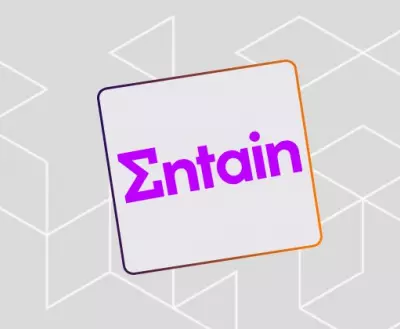Complaints and disputes are part of life for gambling operators of all sizes. While some may be acting unfairly or treating their customers in a way that is inconsistent with generally accepted practice, the vast majority arise from genuine disagreements between players and operators, often around breaches of terms and conditions.
There’s also a dimension of grievances that comes from players being unhappy after losing money, or feeling cheated when things don’t go their way. Operators all have their own ways of responding to and dealing with these complaints, some of which have involved the use of non-disclosure agreements when settling disputes.
Particularly in instances where operators acknowledge mistakes or their own liability, non-disclosure agreements, which bind the customer not to disclose any details of their complaint or the terms of settlement, are used by some operators to keep a lid on complaints. But now, the UK Gambling Commission has warned operators to “tread carefully” around non-disclosure agreements with customers.
This week, the regulator issued a warning to its licensees after discovering some “have been including non-disclosure clauses within settlement agreements with consumers.”
While there is nothing illegal or untoward about using non-disclosure agreements in some contexts, the Commission was concerned this could have “the effect of preventing consumers from reporting regulatory concerns to us, by either excluding disclosure to any third party or, in some cases, explicitly preventing customers from contacting.”
The Gambling Commission has said that operators need to ensure customers are free to discuss their gambling history and their dealings with different operators to regulators, law enforcement and treatment providers, in the case of those who have or develop issues with controlling their gambling.
While non-disclosure terms don’t automatically rule out discussions with these authorities and bodies, the Gambling Commission said it has concerns about the application of these clauses in practice, and the effect they can have on the individual gamblers concerned.
The announcement comes at a time of increasing focus on gambling regulation in the UK, particularly around minimising the harms suffered by those vulnerable to developing gambling problems.
The newly established Gambling Health Alliance has been recently setup to look explicitly at the harms of gambling for a minority of players, giving a real boost to efforts to protect those vulnerable to gambling issues.
While this affects only a tiny minority of gamblers, it is right and proper that operators continue to work with regulators and gambling awareness charities to offer world-leading protections for their players.
It is this sense of cooperation between regulators and industry that underlines the mature, sensible approach to gambling regulation in the UK. While there are some industry voices that see the regulator becoming more aggressive with changing political winds, on the whole, it remains a model for other jurisdictions to follow.
In most cases, disputes and disagreements between operators and their customers are resolved amicably, in a way that requires no further intervention from regulators or law enforcement.
Operators should ensure that when they do reach agreements with players, these are worded sufficiently to allow players the freedom to discuss their issues with nominated parties.








